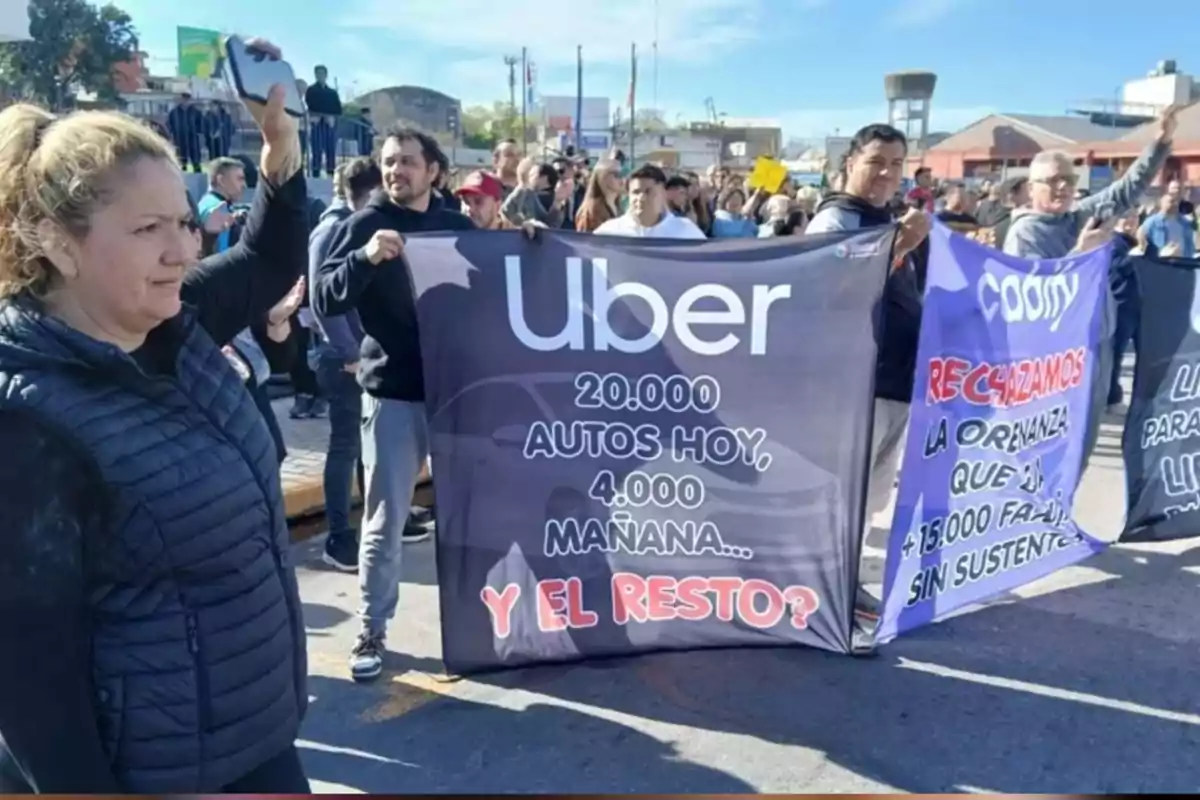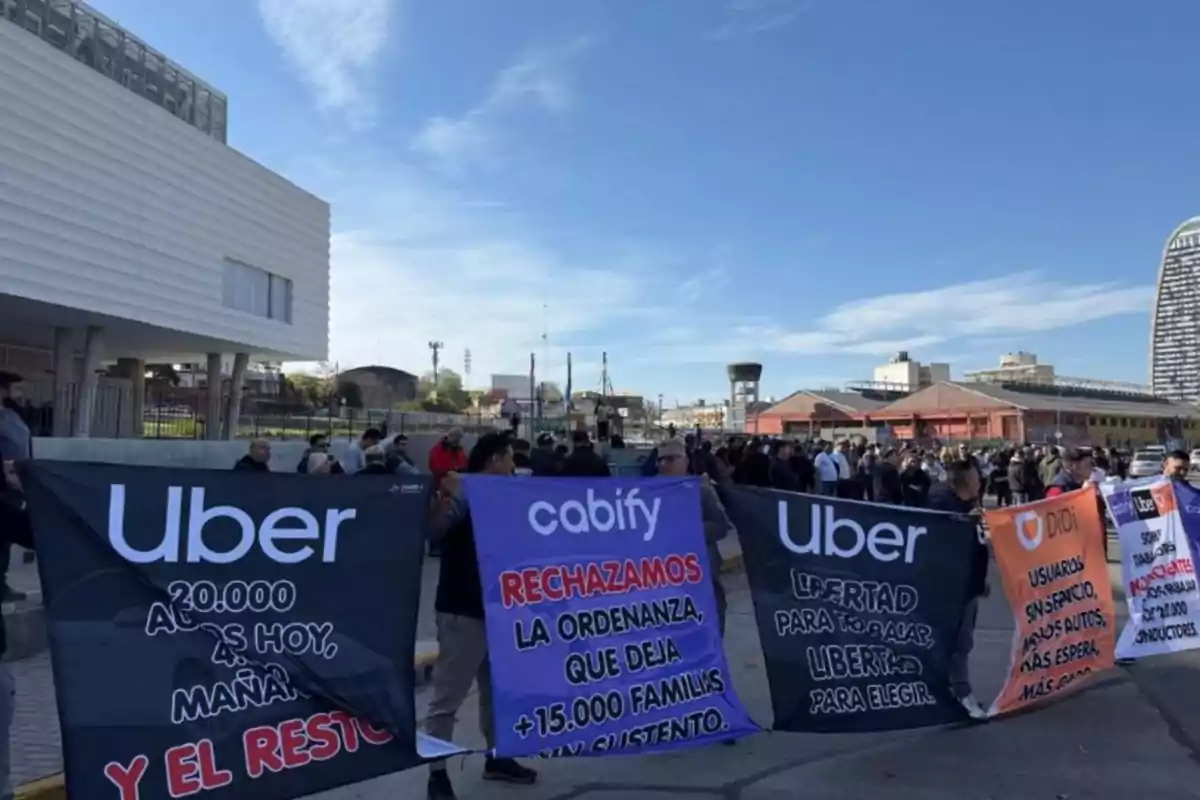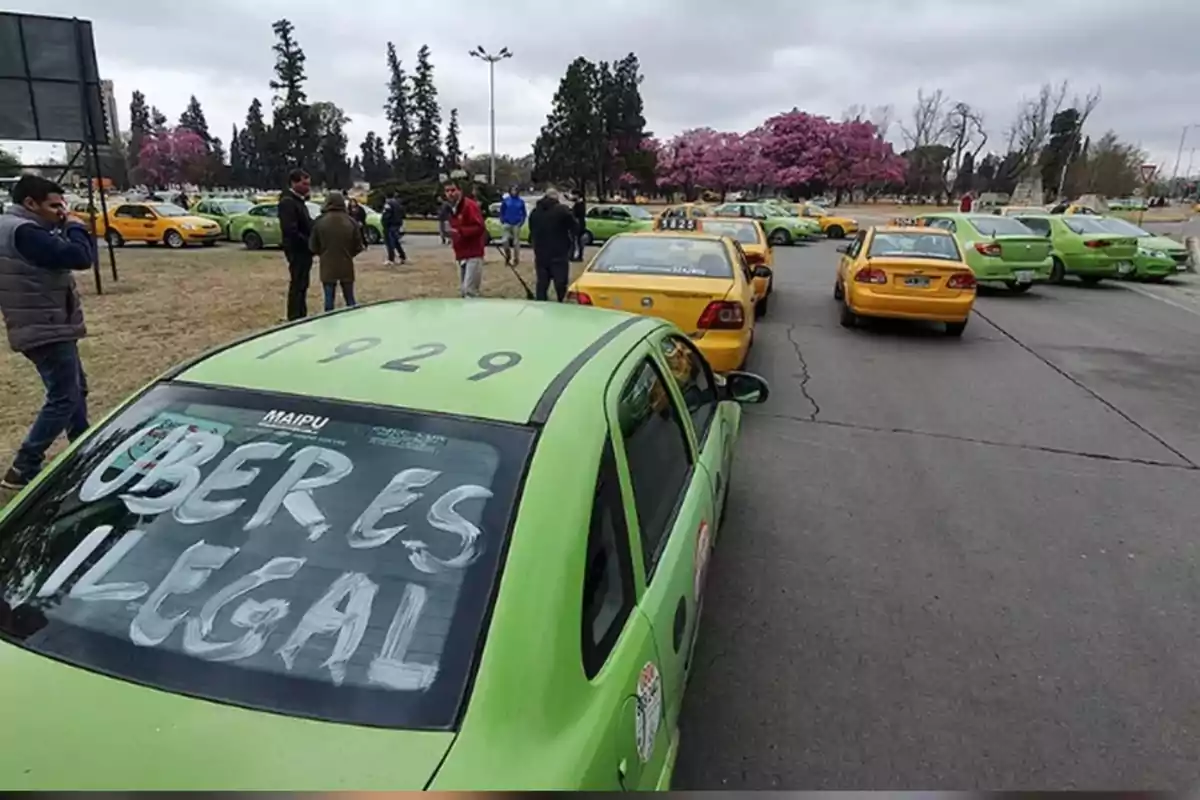
Passerini backed down: the project to regulate Uber in Córdoba returns to committees
After the departure of drivers and public outcry, the Córdoba City Council will review key points of the project
The Córdoba Deliberative Council decided to return the regulation project for platforms like Uber and Didi to the Public Services Commission.The measure was taken after a massive protest by self-organized drivers, who denounced excessive restrictions. The discussion had been scheduled for after the winter recess.
The project sought to establish a legal framework for transportation apps, but it contained articles that caused strong opposition among workers. Among them, a limit was included on the number of drivers authorized to operate in the city. Social and political pressure forced the ruling party to reopen the debate.

The communist regulation
Opposition councilors valued the ruling party's decision to redirect the project to a new legislative discussion. They maintain that the original project contained restrictive points that left thousands of people without the possibility to work. They emphasized the importance of legislating without cutting jobs and expressed optimism about a future improved version.
One of the most controversial points of the project was the quota of 4,000 authorized drivers throughout the city. If it had been approved,more than 70% of the 20,000 active drivers would have been automatically excluded from the system. The measure was described as arbitrary by representatives of the apps and the workers themselves.
Councilors stated that the ruling party committed to reviewing that particular article. They indicated that eliminating the quota is not ruled out or expanding it so that no one is excluded without justification. Technical reports will also be requested to support any admission or rejection criteria.

On the streets, tension between sectors
The discussion about ride-hailing apps is not limited to the legislative sphere, but also extends to the streets. Drivers, taxi drivers, and users demonstrate in opposing ways in front of the municipality and other public spaces. The scene is repeated every time the issue returns to the political agenda.
While some demand freedom to work and choose, others demand leveling down across all urban transportation. Instead of demanding that their bureaucratic burden be eased, taxi and remise unions demand more obstacles for workers. With an archaic mindset, they demand that modern, widespread apps be regulated with early-century regulations.
More posts: